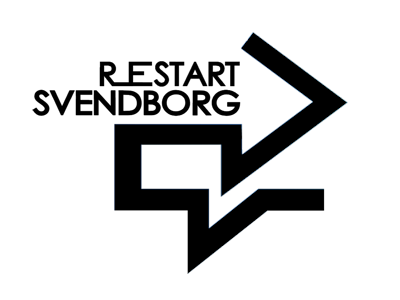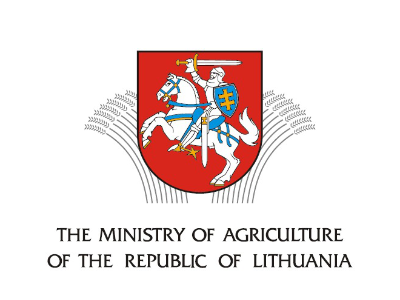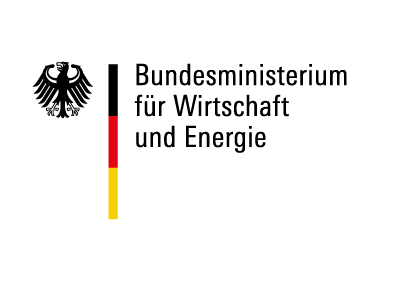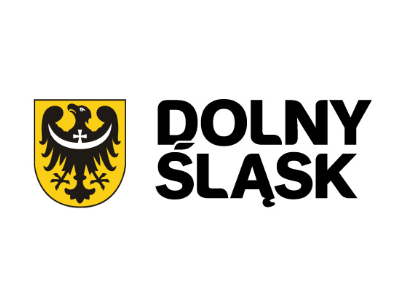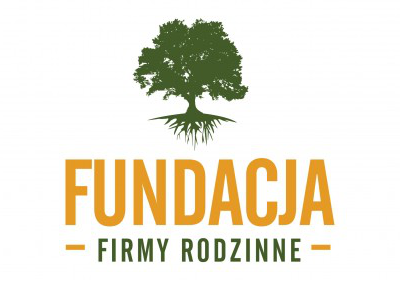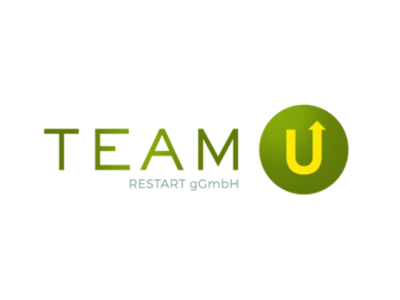Signed consortium

In April 2021, under a joint consortium between the joint B and RescEWE joint reboot tools, which share a common goal - helping entrepreneurs with aid. The partners share the capital and have a common background and are implemented, as well as the currents that are to arise, be the next common capitals. Initiative project experiences will also complement the mentors and experts with experiences related to the projects developed in the projects.
General Letter of Support and Cooperation
IV nacionaliniai seminarai Lenkijai
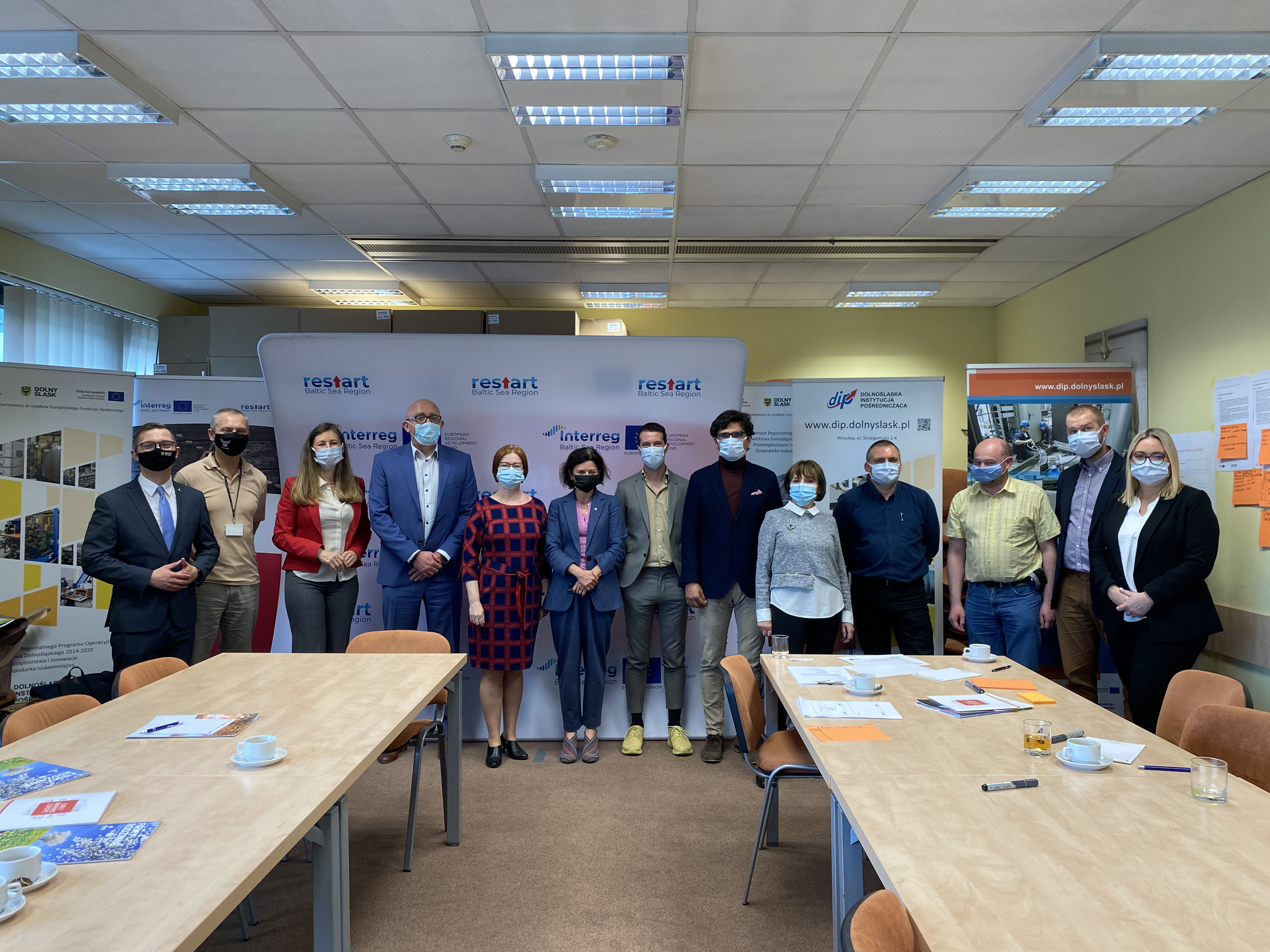
IV nacionaliniai seminarai Lenkijai
4-ojo nacionalinio seminaro tikslas „Restart BSR“ programoje, organizuotame 2021 m. Gegužės 27 d
metus Žemutinės Silezijos tarpinės įstaigos būstinėje, turėjo papildyti ir Patariamoji taryba sukurti galutinę vadinamosios Kelių žemėlapis.
4-ojo seminaro metu buvo aptarta daugybė klausimų. Pradžioje įmonės fondo atstovai
Šeimos atkreipė dėmesį į kitų programų ir projektų statusą, taip pat į Lenkijos įstatymų pakeitimus. Projektas „Paleisti iš naujo“ turi papildyti Europos Komisijos ir valstybių narių vyriausybių vykdomą veiklą. „Restart BSR“ projekto prielaidos yra išplėsti idėją padėti krizę patiriančioms įmonėms ir susisiekti su įstatymų leidėju bei pateikti parengtas rekomendacijas, netiesiogiai palengvinant naujų sprendimų įgyvendinimą.
Tada FFR atstovai pristatė dabartinę finansinių priemonių raidos būklę
sukurta remti krizėje atsidūrusias Lenkijos įmones, įskaitant ir tas, kurios nukentėjo dėl pandemijos.
Vėliau Patrykas Filipiakas, patarėjas restruktūrizavimo klausimais, teisininkas, stebintis Prevencinės restruktūrizavimo direktyvos įgyvendinimą. Direktyvoje apibrėžiami kreditorių interesai, ji taip pat gina finansavimo klausimus, padėdama subjektams, norintiems teikti krizę patiriančioms įmonėms paramos paslaugas. Galiausiai direktyva taip pat reglamentuoja skolų mažinimo tikslus ir modelį. Procedūros, pasak ekspertų, turi būti supaprastintos. Kaip jie pabrėžia, direktyvoje bus atsižvelgta į visas MVĮ.
Susitikimo dalyviai taip pat aptarė naujos galimybės politiką, kuri pasirodė lygiagrečiai vyriausybės antikrizinei skydo programai. Pagrindinis dėmesys skiriamas lėšų suteikimui pigiomis paskolomis verslininkams, nukentėjusiems nuo koronaviruso pandemijos. Šie platina ARP.
FFR atstovauja Lenkijai „RescEWE“ („Erasmus Plus“) projekte. Sukurtos naujos priemonės
siekiant pagerinti verslo atsparumą, laikui bėgant bus patikrinta ir pritaikyta
priemonė, siekiant juos pritaikyti prie Lenkijos tikrovės. Buvo sukurta „Restart BSR“ ir „ResC-EWE“ iniciatyvų bendradarbiavimo sistema. Dalyviai galės pasidalinti priemonėmis, sukurtomis įgyvendinant abu šiuos projektus.
Apibendrinant koronaviruso pandemijos sukeltus verslo aplinkos pokyčius, Nr
būdas nepastebėti. Galbūt po 2 metų reikės naudoti tą patį
turtas skiriasi, nes keičiasi aplinka.
Seminaro metu dalyviai buvo suskirstyti į tris darbo grupes, kurių kiekviena gavo vieną iš „verslininkų paramos kelio“ etapų:
1) ĮDARBINIMO ETAPAS
2) DIAGNOSTIKOS ETAPAS
3) INOVACIJŲ ETAPAS
Kiekviena grupė dirbo remdamasi patariamosios tarybos trijuose ankstesniuose nacionaliniuose seminaruose parengta informacija ir rekomendacijomis bei ekspertų rekomendacijomis.
Komentarai buvo užrašyti ir įtraukti į posėdžio ataskaitą. Jie bus naudojami kuriant galutinę oficialių įstaigų ir subjektų gairių versiją. Visuose pasiūlymuose pateikiamos konstruktyvios paramos krizę patyrusio verslininko modifikacijos, ir, pasak autorių, į juos reikėtų atsižvelgti kuriant politiką.
Early Warning programmes

Early Warning programmes – a new way to support small & medium-sized enterprises
The ongoing pandemic has highlighted the lack of innovative tools to help small and medium-sized enterprises (SMEs) confront crises. In Europe, experts are signalling that a new wave of bankruptcies is approaching. However, even before the pandemic, every year more than 200,000 European Union (EU) businesses go bankrupt, states the European Commission (2016). Yet, innovative Early Warning systems can play a central role in helping SMEs overcome crises before they even begin.
"Early Warning programme aims to help companies, which are facing difficulties, not only to inform about the impending crisis but also to provide them with targeted information on possible help/advice from experienced professionals. The experience of other EU countries shows that professional advice given at the right time helps businesses to avoid major crises. It also encourages companies to look for opportunities to direct their business to other markets and thus maintain further business growth," Inga Juozapaviciene, director of the Entrepreneurship department of a non-profit agency "Enterprise Lithuania", contributing to the development and implementation of a possible model for the Early Warning System in Lithuania, states.
Early Warning Program in the Baltic Sea Region
Baltic Sea Region (BSR) is home to some of the most innovative EU member states – Sweden, Denmark, Finland, Germany. The data from "Creditreform" shows that despite a decrease of bankruptcies in many of the BSR countries in 2015-2016, the number of bankruptcies is still well above the pre-crisis levels in all BSR countries, except for Germany. Indeed, the number of bankruptcies has been increasing in Denmark and Lithuania (Creditreform 2017).
In response to this issue, the „Interreg Baltic Sea Region“ project "Restart small and medium-sized enterprises in the Baltic Sea Region" ("Restart BSR"), coordinated by "Lower Silesian Intermediate Body", Poland, is addressing the need to develop early warning programs for SMEs.
"The "Restart BSR" project addresses not only the importance of helping companies during the crisis. It also highlights the need to develop tools to motivate owners of the companies, which are facing a business crisis or going bankrupt to identify operational difficulties, seek help and start other activities," Vilma Puriene, director of the Knowledge and Technology Transfer Centre of Vilnius Gediminas technical university (VILNIUS TECH), says. VILNIUS TECH is one of the "Restart BSR" project partners.
"A project consortium representing partners from Poland, Latvia, Lithuania, Denmark and Estonia, using the "Design Thinking" methodology, is developing action and tool maps to promote non-technological innovation for companies in stagnation or on the verge of bankruptcy to recover. National maps of support and mentoring actions and tools are being developed to focus on guidance and capacity building, and support for business owners in difficulty," Vilma Puriene states.
V. Puriene also highlights that, "the aim is to help the owner of a business in difficulty to re-start or restructure its business and to avoid bankruptcy, job losses and, in the long term, to enter a new path of growth and job creation".
Besides, according to V. Puriene, "the "Restart BSR" project also focuses on the policy dimension by involving innovation actors, enterprises, stakeholders and public authorities at all government levels in transnational policy dialogue and policy development".
The need for an Early warning program in Lithuania and Europe
The "Restart BSR" project correlates with Lithuanian, and the European Union need to develop Early Warning programmes and apply it in the member states.
A non-profit agency "Enterprise Lithuania", on behalf of the Ministry of Economy and Innovation of the Republic of Lithuania, in 2020 has presented alternatives for the implementation of the Early Warning System in Lithuania.
The implementation of the Early Warning System in Lithuania is also necessary due to the forthcoming implementation of Directive (EU) 2019/1023. One of the essential elements of this directive is the establishment of Early Warning systems within the EU countries by July 17, 2021.
Several European countries, including Germany ("Team U"), Denmark ("Early Warning Denmark"), Sweden ("Företagsjouren") and Poland ("Early Warning Poland"), have already launched crisis management programmes. Evidence shows that these programmes are not only helping society avoid the many negative consequences of bankruptcies, but they are also a cost-effective exercise in terms of lost taxes and saved unemployment payments.
V. Puriene also highlights the importance of BSR innovation performance. "Restart BSR" project aims to improve the innovation performance of the Baltic Sea Region countries. The use of innovation will provide better growth and job prospects in the region and increase the region's global competitiveness."
The "Restart BSR" project is part of the European Regional Development Fund program "Interreg Baltic Sea Region". Project coordinator – Lower Silesian Intermediate Body, Poland. Project partners – Design School Kolding, Denmark; Harju County Entrepreneurship and Development Consultancy, Estonia; Vilnius Gediminas Technical University, Lithuania; Latvian Technological Center Foundation, Latvia and Ministry of Economics of Republic of Latvia.








